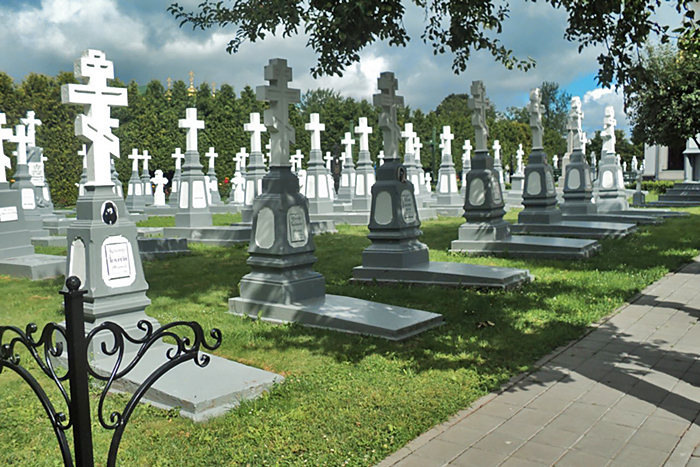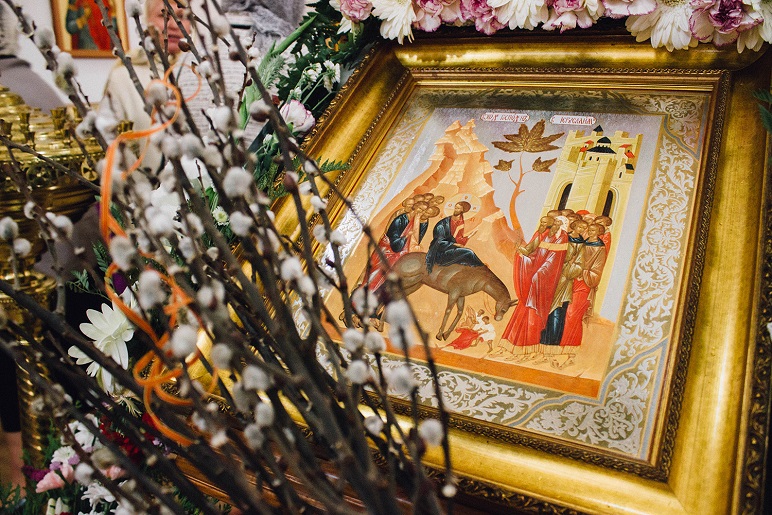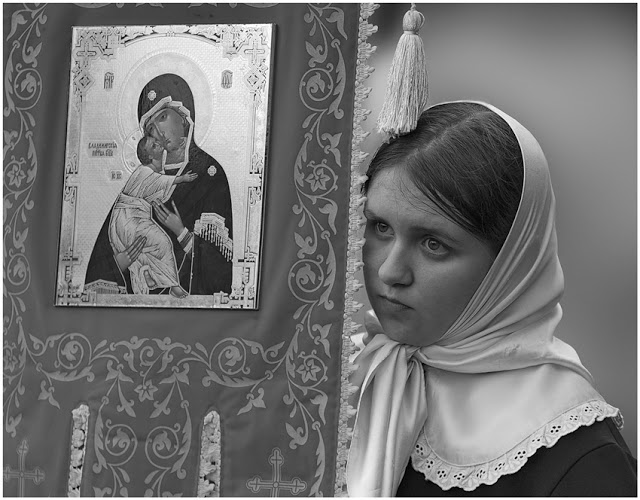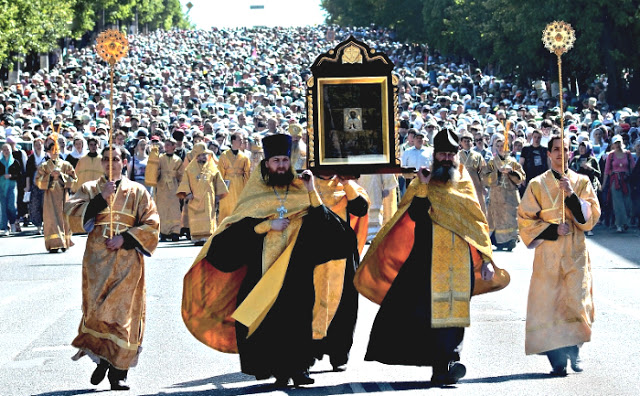
(Saint Gregory the Great’s legend of a monk who died during his epitimia and was forgiven after thirty-day commemoration)
Prayers, commemoration charity work performed with faith, and especially bloodless sacrifice of Christ’s Body and Blood can be salvational for departed believing souls who did not have time to bear worthy fruits of repentance. St. Cyril of Jerusalem says about special propitiatory power of bloodless sacrifice: “Great help will come to souls that are prayed for when a holy and terrible sacrifice is offered” (Mystagogic Catecheses volume V, chapter 9). St. John Chrysostom says the same thing: “Let us not then be weary in giving aid to the departed, both by offering on their behalf and obtaining prayers for them: for the common Expiation of the world is even before us… And it is possible from every source to gather pardon for them, from our prayers, from our gifts in their behalf, from those whose names are named with theirs” (Homilies on First Corinthians, Hom. 41). The same thing, finally, is confirmed by the examples. Here is one of them.
“There was a monk, – Saint Gregory the Great says, – who being ill to death told his brother that he had hidden gold in his cell. But it should be noted that the monastery in which he lived was cenobitical, and according its rules the brethren had everything in common and no one had the right to consider anything their own or even hide something. After that, other monks also learned about the monk’s act, and then it was also told to me, as to the chief. So that the monk felt the weight of his sin and repented of it, I forbade the brethren to visit him. And after his death, in order to distract others from such a sin in the future, I commanded to bury him outside the monastery cemetery and drop the gold hidden by him on his grave. Everything was done. But thirty days after his death, I felt extremely sorry for him. Thinking that he was suffering in the afterlife, I began to seek the means to ease his fate, and stopped on the following. Upon having called the housekeeper, I ordered him to serve thirty liturgies for the repose of the soul for the deceased, and also ordered everyone to perform a common prayer for him. This order of mine was extremely beneficial for the deceased. On the very day that the last thirtieth liturgy was celebrated, he appeared to his brother and said: “Until now, brother, I suffered violently and terribly; now I feel good, and I am in the light.” The brother of the deceased told about his vision to the monks, and they all made sure that the deceased was delivered from the torment for the sake of the sacrifice offered for him”.
So, brethren, with faith in the great and limitless merits of the Lord who suffered and died for us, remember your deceased brethren in prayers as often as you can and ask the altar servers to commemorate them before the Holy Altar of God while the bloodless sacrifice is offered. The beneficent power of this sacrifice extends, as you can see, beyond the borders of this World and, of course, will give relief and peace to the souls of those whom you will commemorate.
Translated by The Catalogue of Good Deeds
Source: https://azbyka.ru/otechnik/Viktor_Gurev/prolog-v-pouchenijah-na-kazhdyj-den-goda/195#sel=



